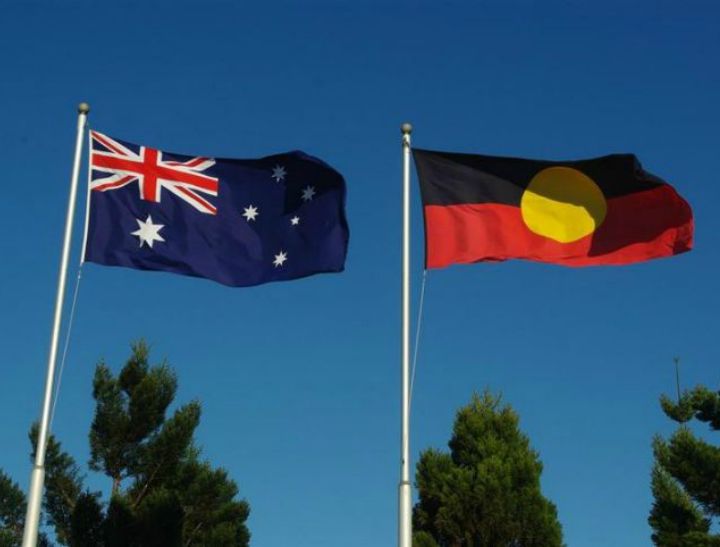
World Vision Australia | For immediate release: Thursday, January 23, 2019
More than three quarters of Australians doubt Australia will be the "lucky country" for their grandchildren, according to a nationwide poll by World Vision.
Coming only days before Australia Day and in the wake of catastrophic bushfires, the survey polled more than 1050 Australians on whether they thought Australia would be the "lucky country" for their grandchildren, with 33 per cent saying 'no', and a further 42 per cent saying they were no longer sure.
The responses were part of a survey themed around climate change and on Australians' shifting attitudes to climate since the nation was gripped by the bushfire crisis of the past few months.
The research also found that almost 55 per cent of Australians rated climate change a bigger national security threat than terrorism, while 71 per cent expected more severe weather events in the future as a result of climate change. Their responses came before a series of severe storms lashed much of the country this week.
The research, which set out to test whether the bushfires had changed people's views on climate change, also found:
- More than 70 per cent of Australians believe politicians must do more to address climate change, with 62 per cent of One Nation voters and 52 per cent of Coalition voters arguing our leaders must do more
- More than 57 per cent say they are more concerned about climate change since the bushfires crisis
- Women (60 per cent) are more concerned than men (54.5 per cent), while almost 71 per cent of under-35s are more concerned about climate change since the fires
- 46 per cent of Coalition voters and 43 per cent of One Nation voters said the bushfires had made them more concerned about climate change
- Almost 67 per cent of people with school-aged children say they are more concerned about climate change
- 44 per cent said they would make changes in their lives to help mitigate climate change, but the figure was much higher for respondents with school-aged children at 58 per cent
- 45 per cent said the recent crisis changed their view about catastrophic weather events in other parts of the world
The results also come only days after a joint call by World Vision Australia, Oxfam Australia, Plan International Australia and Save the Children Australia for more action from leaders of all stripes on climate change to prevent a worsening in humanitarian situations worldwide, and to avoid an undoing of decades of development progress.
World Vision spokesperson Andrew White said the organisation had been dealing with the catastrophic fallout from climate change for far too long, and so was buoyed by a potential change in attitudes at home.
"For many years, we have seen first-hand the impact of climate change on communities worldwide with the loss of homes, livelihoods and lives," Mr White said.
"We see a change in perception here as further motivation to advocate for meaningful and direct action on climate change and to push for Australia to become a global leader in climate action. Climate change threatens to undo decades of development progress – we cannot stand by and let this happen.
"We have natural climate solutions at our fingertips that could remove carbon dioxide from the atmosphere at scale as plants grow."
Mr White said as a child-focused organisation, World Vision had particularly seen the impact of climate change on children, from the hunger crisis in southern Africa, to a reduction in food production.
"We currently have a food crisis unfolding across four countries in Southern Africa, we've seen severe flash flooding in Indonesia, and we still have half a million people in Mozambique living in unstable shelters after the second most deadly cyclone on record struck in 2018, which killed thousands.
"The time for debate about climate change is over, and political leaders of all stripes should hear the message that Australians want action on climate change. We cannot afford to waste any more time."
The research was conducted by McNair yellowSquares on behalf of World Vision Australia.






